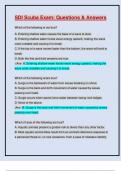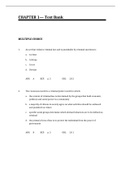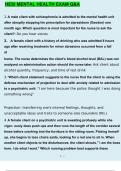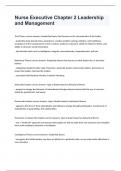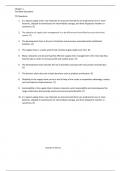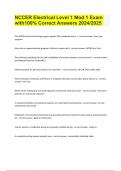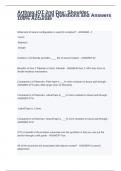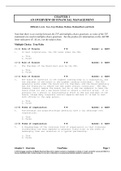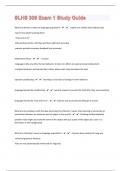Which of the following is not true?
A. Entering shallow water causes the base of a wave to slow.
B. Entering shallow water forces wave energy upward, making the wave
crest unstable and causing it to break.
C. If the top of a wave moves faster than the bottom, the wave will tend to
break.
D. Both the first and third answers are true.
(Ans- B. Entering shallow water forces wave energy upward, making the
wave crest unstable and causing it to break.
Which of the following is/are true?
A. Surge is the backwash of water from waves breaking on shore.
B. Surge is the back-and-forth movement of water caused by waves
passing over head.
C. Surge occurs when waves force water between facing rock ledges.
D. None of the above.
(Ans- B. Surge is the back and forth movement of water caused by waves
passing over head.
Which (if any) of the following are true?
A. Aquatic animals present a greater risk to divers than any other factor.
B. Most aquatic animal bites result from an animal's defensive response to
a perceived threat or, on rare occasions, from a case of mistaken identify.
,C. Because they are perceived as more aggres- sive, men are more likely
to be the victim of an aquatic animal attack than women are.
D. None of the above.
(Ans- B. Most aquatic animal bites result from an animal's defensive
response to a perceived threat or, on rare occasions, from a case of
mistaken identify.
To be injured by an animal with poisonous spines, you must:
A. Be within a radius of 3 m/10 ft, as most poisonous animals cannot shoot
their spines farther than this.
B. Be the aggressor and touch the animal first.
C. Be barehanded, as most spines cannot pass
through gloves.
D. None of the above.
(Ans- B. Be the aggressor and touch the animal first.
_________ buoyant items tend to float__________ buoyant items tend to
sink, items that are __________ buoyant neither float nor sink.
A. Negatively, neutrally, positively
B. Positively, neutrally, negatively
C. Positively, negatively, neutrally
D. None of the above.
(Ans- C. Positively, negatively, neutrally
A scuba cylinder that normally lasts one hour at the surface will last
_______ minutes at 20 m/66 ft.
A. 30
, B. 20
C. 15
D.10
(Ans- B. 20
If you feel pain or discomfort during descent:
A. Stop, hold in place and equalize forcefully until
your ears clear.
B. Ascend to the point where you can comfortably equalize, and only then
continue your descent.
C. Abort the dive and consult a physician.
D. Note the depth at which the pain occurred and conduct your safety stop
there at the end of the dive.
(Ans- B. Ascend to the point where you can comfortably equalize, and only
then continue your descent.
All of the following are true except:
A. You can help prevent mask squeeze by exhaling periodically into your
mask during ascent.
B. Regular dental care and ensuring your teeth are free of gas spaces can
help prevent tooth squeeze.
C. If you experience a reverse block, descend to a point where the pain
subsides, then ascend slowly while wiggling your jaw and swallowing.
Repeat this process as needed until you can ascend without pain or
discomfort.
D. The danger in taking decongestants is that they may wear off during a
dive and have other possible side effects.

